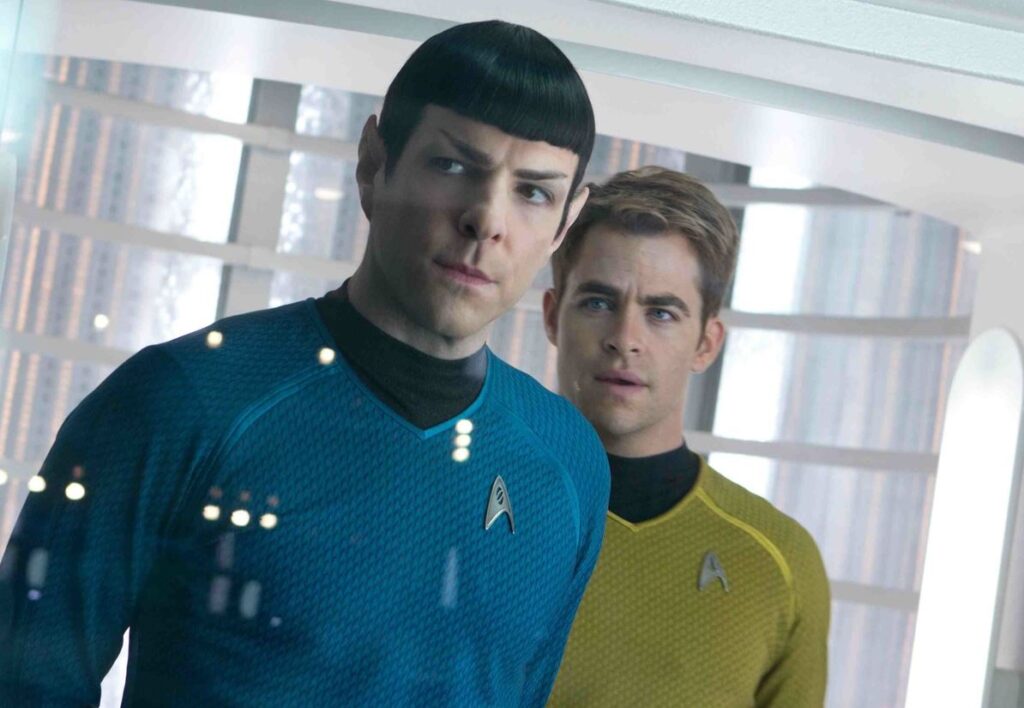R.I.P. Robin Williams, and my 10 favorite Robin Williams performances
 There’s an episode of Louie in which Louis C.K. and Robin Williams find themselves as the only mourners at a man’s funeral. They spend the rest of the morning together, reminiscing about the departed and eventually confessing that he was something of a schmuck, which probably explains why his funeral was exclusively attended by two men who barely even knew him. After some bizarre plot developments typical of Louie‘s randomness—as it turns out, the deceased was beloved as a generous benefactor at a local strip club—C.K. and Williams amiably go their separate ways. Before they part, however, they promise each other that no matter what happens, whoever outlives the other will be sure to attend the dead man’s funeral.
There’s an episode of Louie in which Louis C.K. and Robin Williams find themselves as the only mourners at a man’s funeral. They spend the rest of the morning together, reminiscing about the departed and eventually confessing that he was something of a schmuck, which probably explains why his funeral was exclusively attended by two men who barely even knew him. After some bizarre plot developments typical of Louie‘s randomness—as it turns out, the deceased was beloved as a generous benefactor at a local strip club—C.K. and Williams amiably go their separate ways. Before they part, however, they promise each other that no matter what happens, whoever outlives the other will be sure to attend the dead man’s funeral.
It’s a funny, mordant joke, but it also highlights the (presumably intentional) illogic of the casting. Robin Williams, who died yesterday in an apparent suicide at the age of 63, was enormously well-liked and brought unbridled joy to countless moviegoers (and televiewers) of multiple generations. This was not a man who needed the assurance of a balding, overweight comedian to attend his funeral, lest no one else be present. This was a man whose line of mourners is certain to stretch well around the block. Read More

